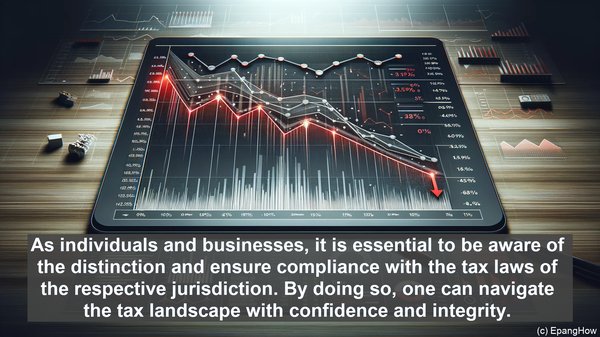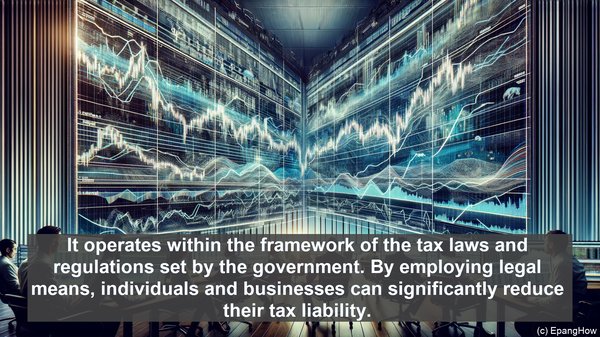Introduction: The Fine Line
Welcome to this informative article on tax avoidance and tax evasion. While these terms are often used interchangeably, they represent two distinct practices in the realm of taxation. Join us as we explore the nuances, legality, methods, and consequences associated with each.
Defining Tax Avoidance
Tax avoidance refers to the legal practice of minimizing one’s tax liability through various strategies and methods. It involves utilizing the existing tax laws and provisions to one’s advantage. Tax avoidance is often seen as a proactive approach, where individuals or businesses structure their financial affairs in a way that reduces their tax burden. This can include actions such as claiming deductions, credits, or utilizing tax-efficient investment vehicles.
The Legality Factor
One crucial aspect that distinguishes tax avoidance from tax evasion is legality. Tax avoidance, as mentioned earlier, is entirely legal. It operates within the framework of the tax laws and regulations set by the government. By employing legal means, individuals and businesses can significantly reduce their tax liability. This is often viewed as a responsible financial practice, as it ensures compliance with the law while optimizing tax obligations.

Understanding Tax Evasion
In contrast, tax evasion refers to the illegal act of intentionally evading taxes. It involves deliberately misrepresenting or concealing income, assets, or transactions to avoid paying the full tax amount owed. Tax evasion can take various forms, such as underreporting income, inflating deductions, or maintaining offshore accounts to hide assets. It is important to note that tax evasion is a criminal offense and is subject to severe penalties, including fines and imprisonment.
Methods and Techniques
While tax avoidance relies on legal strategies, tax evasion often involves illicit methods. These can range from simple actions like not reporting cash income to complex schemes that utilize offshore tax havens and shell companies. The sophistication of tax evasion techniques often requires specialized knowledge and expertise. In some cases, individuals or businesses may even seek the assistance of professionals who specialize in facilitating illegal tax evasion.
Consequences and Enforcement
The consequences for tax avoidance and tax evasion differ significantly. In the case of tax avoidance, if the strategies employed are within the bounds of the law, there are typically no legal repercussions. However, tax evasion, being a criminal offense, can lead to severe penalties. Tax authorities have dedicated departments and resources to detect and investigate instances of tax evasion. International cooperation has also increased, making it harder for individuals to evade taxes through offshore means.

